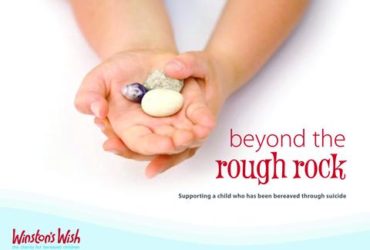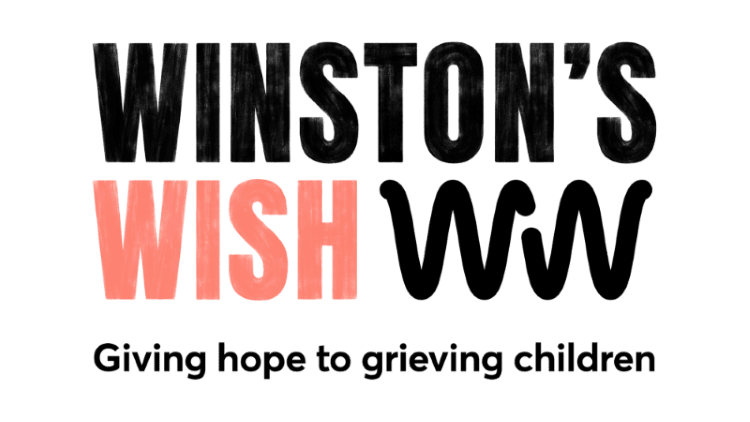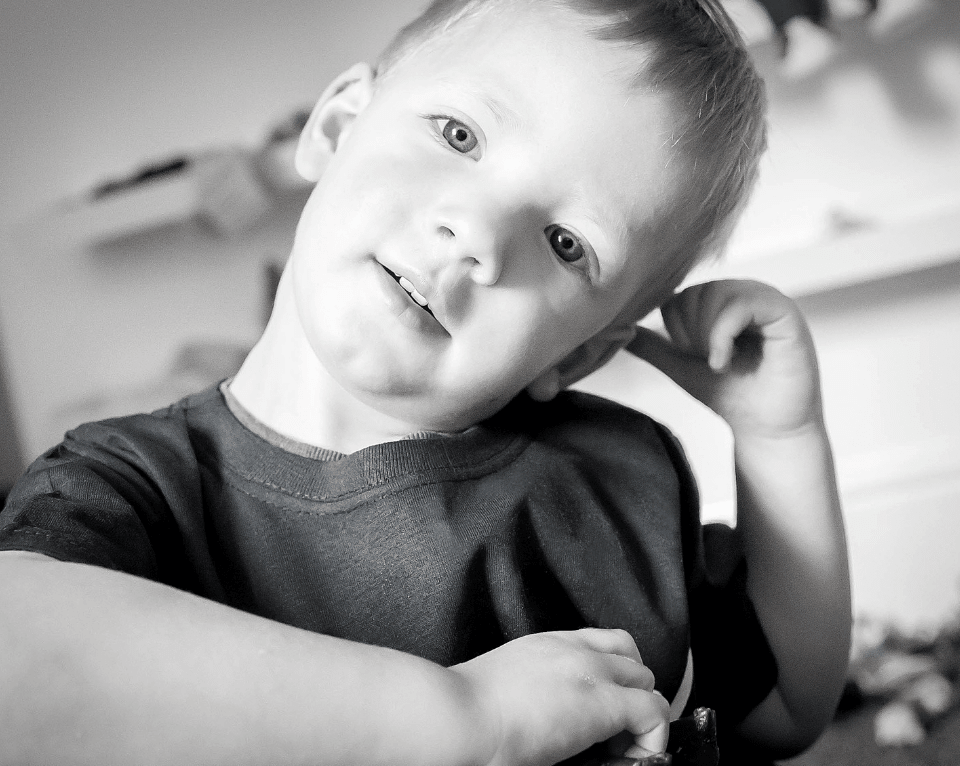It can feel hard to find the right words to talk about suicide. Why is this? Because every life lost to suicide is as unique as the person who died and what words feel right for one family often don’t feel right for another. Whether the death of their important person by suicide came as a shock and was completely unexpected or whether the death almost felt inevitable and was feared for a long time, the family who are left behind can often feel like they have to explain something that is unexplainable, or to justify what has happened when that can be the last thing they want or are able to do.
Common feelings following a death by suicide
Families may have lots of different feelings and thoughts following a death by suicide. Some can feel angry at the person who died at the same time as feeling protective and loving. They can feel sadness and pain as well as relief and guilt. Multi-layered feelings that are often in tension with each other can leave family members exhausted and confused in their grief.
Adults can be left going over things in their heads to try to understand what has happened. What was it in the end that made life feel unliveable? Was something missed or could something have been done differently that could have saved them? This ‘bereaved partner guilt’, did I do enough, was it my fault, I saw this coming and felt powerless to stop it? Or if it was out of the blue, why didn’t I see this coming? These feelings and questions are a normal part of adjusting to life after suicide.
This can feel more complicated when couples have separated prior to the death or had very conflicted relationships. Often bereaved adults tell us:
“People think I shouldn’t be grieving because our relationship ended but I have all this grief and sadness and I don’t know what to do with it, where does it belong, and who can I share it with?’ ‘What will others think of me, who am I to grieve?”
Or the opposite experience:
“I stopped loving them before they died, I have grieved already when our relationship ended, and when people talk to me I feel like a fraud because I don’t feel much at all.”
Recognising ‘disenfranchised grief’ for what it is and learning to allow it to have a place in your life without being ashamed of your feelings is a challenge for many bereaved partners and ex-partners.
So when it comes to sharing information with children it can feel like an impossible task, and the natural instinct we feel to protect our children is enhanced in what is already a highly emotionally charged situation.
Why you should tell children the truth about a death by suicide
The difficulties of not telling children the truth are that they may be told by people outside of the family. Children at school will find out and may tell them. Or they may find out through the internet, social media messages, and newspapers. Most children want to be told what has happened by those closest to them who they love and trust.
Also, sometimes the stories children create in their own heads without the facts can be very disturbing and create problems later on that have to be unpicked. These inner stories can be hidden from view if the death is not being talked about openly and clearly. Sometimes children may know the truth already as they have overheard adults talking but as they think everyone else thinks they don’t know, they can’t be open about it and this can leave them holding it on their own.
On a more practical level if they don’t know how the person died it can make it hard to include them in the funeral service for fear that they will find out there.
Telling a child their loved one has died by suicide
Giving children factual information so they can put together in their own minds what has happened is important. Doing this in an open and clear way enables the child to ask questions and the adults to give answers and that can help to clear up misunderstandings that can often happen. Children can sometimes blame themselves for the death of parent, e.g. ‘it’s my fault because we had an argument’ or ‘I wasn’t nice enough to them/I stressed them out by being difficult’ and giving them an opportunity to say this out loud can be really helpful as it gives the parent a chance to say that it isn’t their fault and that the reasons people end their lives are complex and can be deeply rooted.
Young children often need to revisit talking about what happened many times and this isn’t a sign that it hasn’t been explained well, it’s just how they process the information, giving them the same information in the same way again is just fine. Over time more information can be added to build up a more complex picture. We use a jigsaw analogy at Winston’s Wish, for example when you are four or five years old you might have a jigsaw with 10 pieces and then you get older you are able to do 25 pieces and when you are an adult you can do a thousand-piece jigsaw which is a much more complex and detailed picture. So this helps us to think in terms of giving ‘enough information for now’, rather than overwhelming them and ourselves in trying to give them everything we know.
Our Helpline is really useful in order to talk through how to have these sorts of conversations and making sure the adult has support for themselves in place to help them with it, whether that’s a friend or another family member. We also have produced a book called ‘Beyond the Rough Rock’ which can help guide families in how to talk with children after suicide.
When a parent has died by suicide, they can sometimes be put on a pedestal by the children and other family members. If it was a difficult relationship between the parents this can cause anger at being left to pick up the pieces for the children and carry all the pain alone as well as see the children struggle with their pain. The surviving parent can start to feel resentful at having to hold information they would rather not share with the children for fear it will damage the children’s view of their dead parent, yet holding it comes at a cost to the surviving parent. When we work with families and we think about memories we try to help them think about the ‘whole person’ rather than just the good bits, acknowledging the difficult bits can be a really important part of the work and part of bringing a family back together after a death by suicide.
Where to get support
Our bereavement support workers are available to offer information, guidance and support, right away. Reach out on 08088 020 021 or use our live chat (click the blue ‘chat’ button on the bottom right of your screen) between 8am and 8pm, Monday to Friday. You can also email us on ask@winstonswish.org and we’ll get back to you in two working days.
Our Winston’s Wish Crisis Messenger is available 24/7 for urgent support in a crisis. Text WW to 85258.

Other resources you might find helpful

Suicide bereavement support
Guidance on supporting children and young people bereaved by suicide and the emotional and practical bereavement support Winston’s Wish can offer.

Beyond the Rough Rock
Our book offers practical advice for families bereaved by suicide. Includes child-friendly activities to help families begin to make sense of what’s happened and look at ways to learn to cope.


